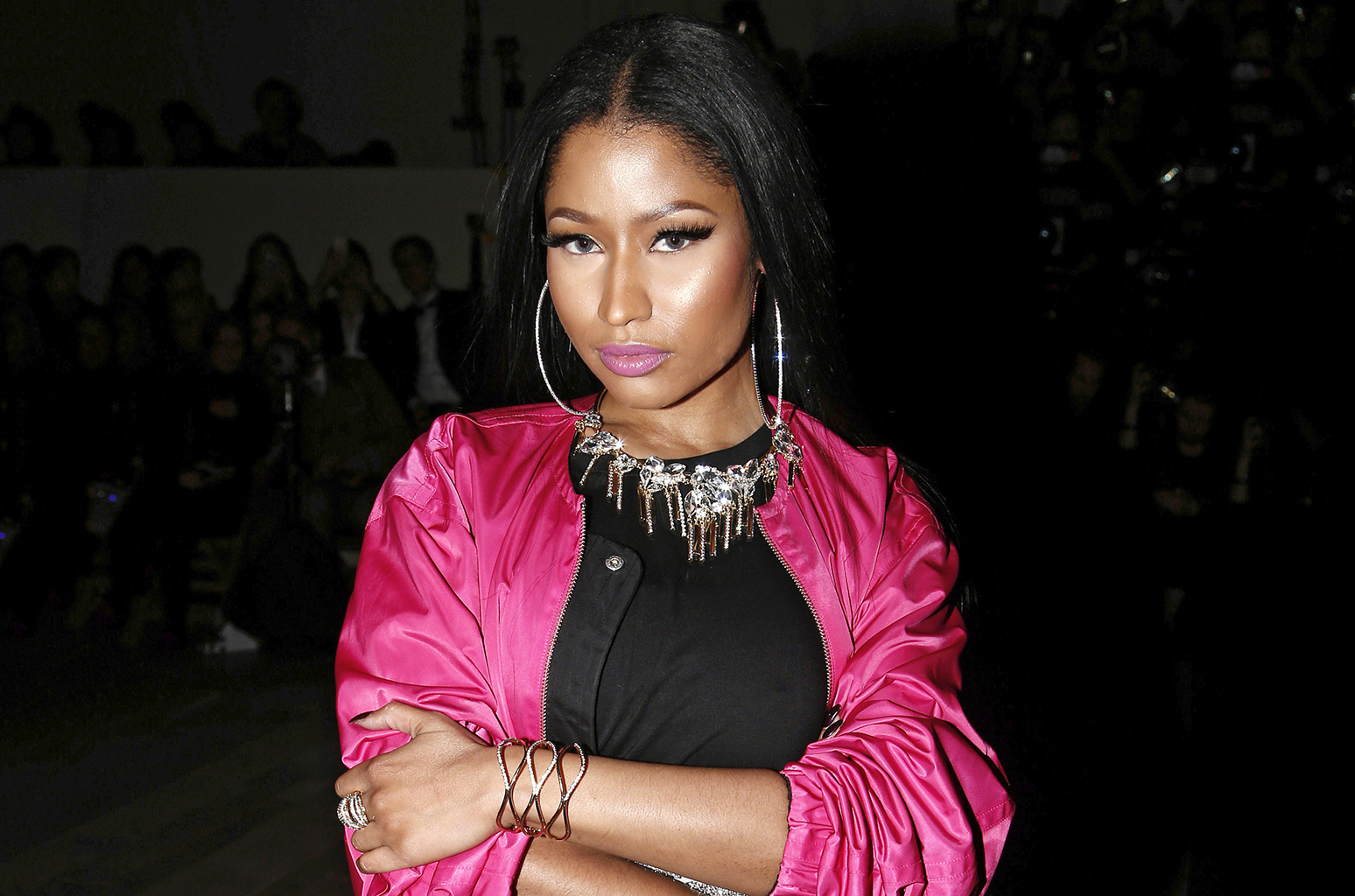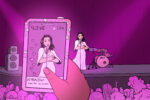There is always something to be said for standing up for yourself; for celebrities, it’s a different story altogether. They are in the public eye at nearly all times and end up taking a great deal of criticism for the way they dress, who they date and their individual talent. With so much attention on them, it is unsurprising that many celebrities feel the need to defend themselves against what others are saying, which, naturally, has led to the rise of clapback culture.
If you’ve ever scrolled through the articles on any high-traffic website such as Buzzfeed, you might have seen a listicle with a title along the lines of “11 Times Celebrities Clapped Back This Week.” The featured tweets are often shady and amusing, usually either aimed at a general group of people or at other celebrities, very rarely are fans themselves the subject of the clapbacks.
Unfortunately, fans can still get caught up in the social media frenzy and may take it upon themselves to clapback on behalf of their favorite celebrities in ways that are unnecessarily rude. Wanna Thompson, a freelance writer and Nicki Minaj fan, became the unfortunate victim of this fan-based clapback culture. A few weeks ago Thompson took to Twitter to express her desire to see maturation in Minaj’s upcoming new music. The tweet was not vicious or intended to insult Minaj, but was merely an attempt to express an opinion about the artist.
https://twitter.com/WannasWorld/status/1013269990160515072
Minaj’s fans — who have bestowed themselves the moniker “Barbz” — did not view the tweet as constructive criticism, and quickly swarmed Thompson on Twitter, feeling that she had unfairly insulted Minaj’s music. While some fans simply wanted to tell Thompson that she had misjudged the thematic content of Minaj’s previous music, others went straight for personal attacks. Thompson received death threats and the appearance of both her and her 4-year-old daughter were targeted by angry Barbz.
https://twitter.com/WannasWorld/status/1014321685195968512
With all the commotion, Thompson’s tweet eventually came to the attention of Minaj herself.
Thompson tweeted a screenshot showing that Minaj had sent her a private message in which she told the writer that she was misinformed about both Minaj’s age and the content of her songs. The message went further however, calling Thompson “ugly,” suggesting that she was jealous of Minaj and using expletives notably calling Thompson a “hating ass hoe.” Along with the screenshot, Thompson included her own words saying that Minaj’s behavior was unacceptable.
https://twitter.com/WannasWorld/status/1013254551229460482
In addition to being attacked by both Minaj and her fans, Thompson was also fired from her internship at KarenCivil because Minaj is a client of the website’s owner. The situation quickly spiraled out of control with a single tweet that had taken over not just Thompson’s social media, but also her personal and professional life.
Social media can often serve as a platform for people to express their opinion on everything from popular culture to politics, but can also serve as a space for people with differing viewpoints to engage in meaningful debates. Yet, all too often, what start out as intelligent conversations devolve into people exchanging insults with friends, relatives or complete strangers.
While some people may say that social media attacks are easy to avoid because you can simply block the users who are being rude, this is not always the case. Thompson is a freelance writer who uses social media to share her work and boost her career. She has thousands of followers who support her, and changing her account to private would shut out those people in addition to the ones attacking her.
The fact that social media is fertile ground for cyberbullying has been ingrained in millennial culture for quite some time. When cyberbullying masquerades as clapback culture, however, many people take it less seriously. Someone could easily brush off Thompson’s entire situation by saying that she should have known that Minaj has a passionate fan base that would defend the rapper against any insults.
The thing is, though, Thompson was not attempting to even insult Minaj. Scrolling through Thompson’s Twitter feed makes it clear that she has been a fan of Minaj’s for quite some time.
https://twitter.com/WannasWorld/status/1013430315761655813
As a fan, she took to Twitter to express her desire for a new direction for the Trinidadian-American rapper, not to berate the older music that she clearly enjoyed. Getting caught up in clapback culture was likely the last thing on her mind when composing the Tweet.
Since clapback culture has become prominent among celebrities, it is often celebrated and encouraged among their ranks. Minaj herself has been cheered for clapping back in the past, such as when she called out fellow controversial singer Miley Cyrus during a widely discussed moment at the 2015 Video Music Awards. Even the incident involving Thompson has been covered by some outlets to show Minaj in a positive light, saying that she was standing up for herself after being age-shamed by Thompson.
Participating in clapback culture has been positively reinforced for Minaj over the years so it is unsurprising that the rapper continues to throw shade when she is insulted on social media. While she cannot be blamed for taking offense when people criticize her appearance of performances, her responses are often ruthless as she calls out her critics’ personal appearances with harsh words. Minaj has a history of brutal one-upping in interactions with those who publicly bash her.
In the case of Thompson, the response of Minaj and her fans clearly went too far when compared to the wording and intention of Thompson’s original Tweet. By joining in on the insults that were being hurled Thompson’s way, the Queens star encouraged the behavior that her fans exhibited against someone who was merely trying to express her opinion. Minaj has contributed to the twisting of clapback culture from a way to stand up for yourself into a way to bully others.
Minaj, like any other celebrity, is put under a microscope because of her fame, allowing others to take her public position as an invitation to criticize her appearance or music. While insulting or being rude to those in the public eye should not be acceptable, having people give differing opinions about your music is part of being an artist.
When Minaj sinks down to the level of her critics by ridiculing their appearances or taste she does not make herself look any better. Rather, she contributes to the toxic culture of bullying that has unfortunately become all too prevalent among celebrities, their fans and their love of clapbacks.

















